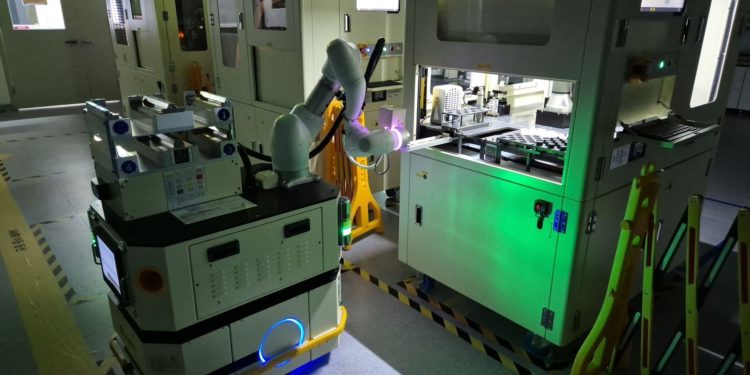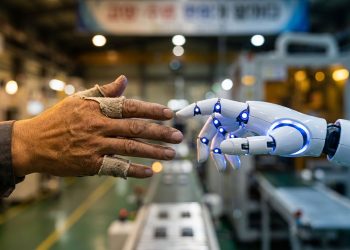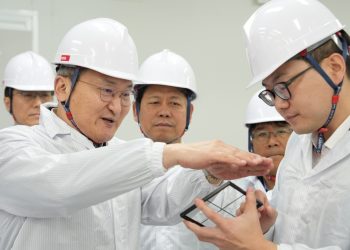Robotic automation and AI-driven analysis aim to boost efficiency, safety, and competitiveness in electric-vehicle battery R&D
South Korean chemical and materials leader LG Chem has inaugurated its first Autonomous Smart Lab at the Technology Research Center in Daejeon, a milestone for the domestic chemical sector. The facility leverages robotic systems to automate laboratory workflows, improving research efficiency and safety by handling repetitive and hazardous tasks traditionally performed by human researchers.
The facility is dedicated to the analysis of cathode materials—vital for electric-vehicle (EV) batteries—such as nickel, manganese, lithium, and cobalt. Through automation, LG Chem is enhancing its expertise in advanced battery technologies while working to secure a stronger position in the fast-changing EV industry.
Automation Enhances Safety and Productivity
The Autonomous Smart Lab automates high-risk processes such as high-temperature treatment and handling concentrated acids. Robots perform the entire sequence of operations—from sample retrieval and preparation to analysis and disposal—while automatically recording results in the system. This not only accelerates response times to client queries but also reduces human exposure to dangerous procedures.
Key benefits of the automation include:
- Continuous operation 24/7, creating an “unlimited research environment”
- Reduced manual workload for researchers
- Faster and more accurate data collection
Freeing Researchers for High-Value Work
By removing repetitive tasks from researchers’ workloads, the lab enables them to concentrate on more strategic and innovative R&D. LG Chem’s CTO, Lee Jong-gu, noted that the automation system is not only about improving efficiency but also about fostering an environment where scientists can focus on creativity and long-term innovation. He highlighted that this shift would help the company strengthen its competitiveness in next-generation materials while improving its ability to adapt to changing market conditions.
This shift not only enhances innovation potential but also accelerates the development of new analytical methods, critical for advancing battery performance and safety.
Expansion and AI Integration
Following the launch of the Daejeon facility, LG Chem intends to roll out the same automation system at its Magok R&D Campus in Seoul. Looking further ahead, the company aims to build an “AX (Artificial Intelligence Transformation) Convergence Automation Laboratory,” designed to merge robotic processes with AI-driven data analysis for greater efficiency and precision.
The AX Convergence Lab will:
- Analyze complex data in real time
- Optimize experimental decision-making
- Improve precision in material testing, particularly for lithium, nickel, cobalt, and manganese
Strategic Implications for EV Battery R&D
By combining robotics and AI, LG Chem aims to set a new benchmark for laboratory automation in Korea’s chemical industry. The initiative is expected to:
- Increase research throughput and efficiency
- Enhance operational safety by reducing human exposure to hazardous processes
- Enable researchers to focus on high-value, innovative work
This approach positions LG Chem aims to lead the next-generation battery material research, while supporting the company’s goal of global competitiveness in the EV battery market.







